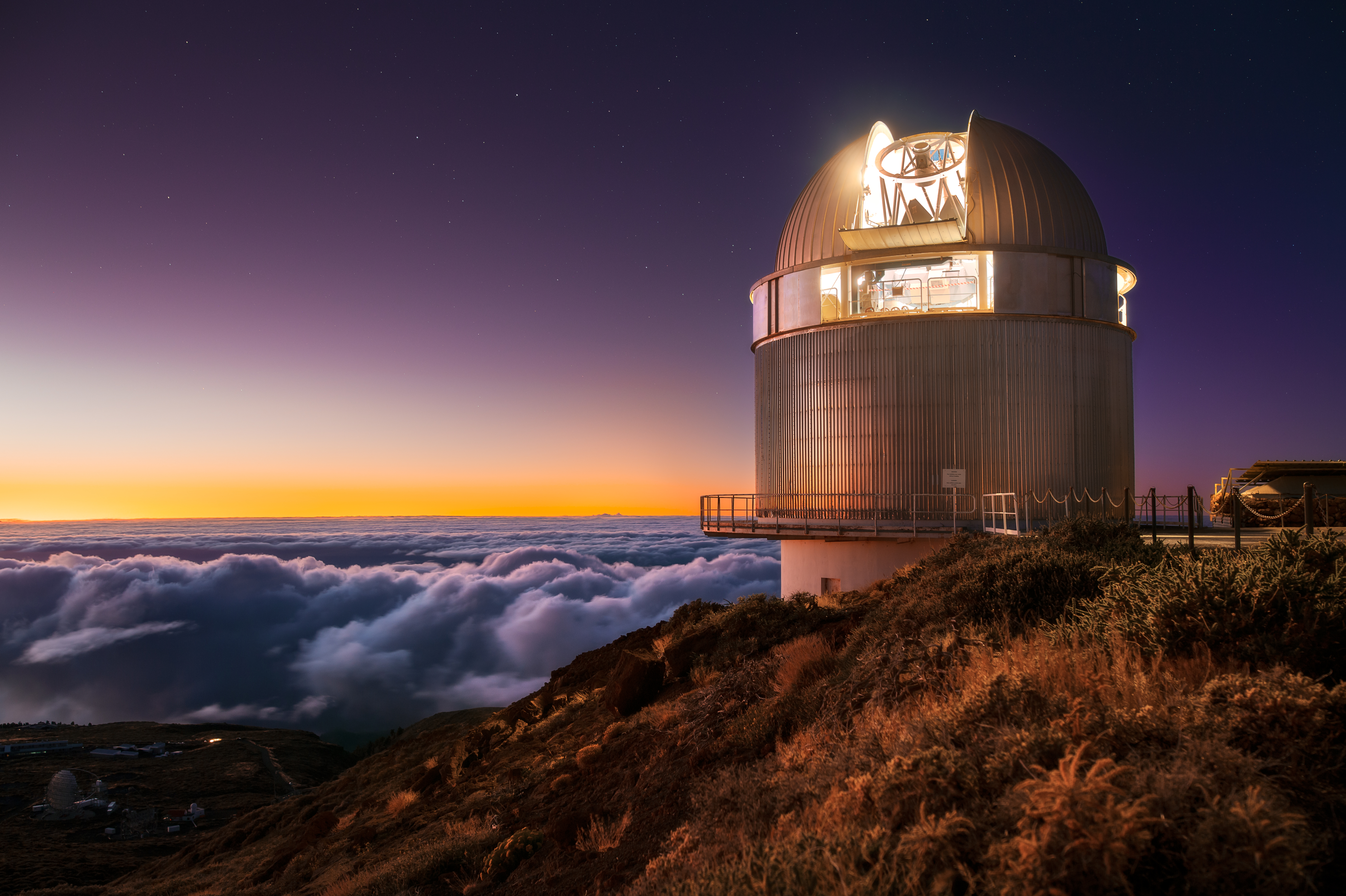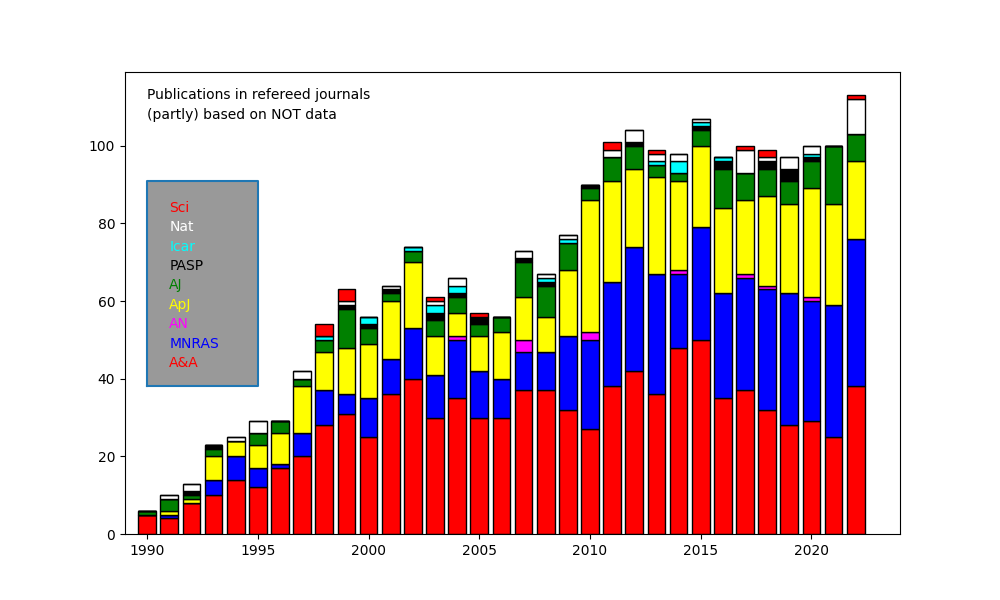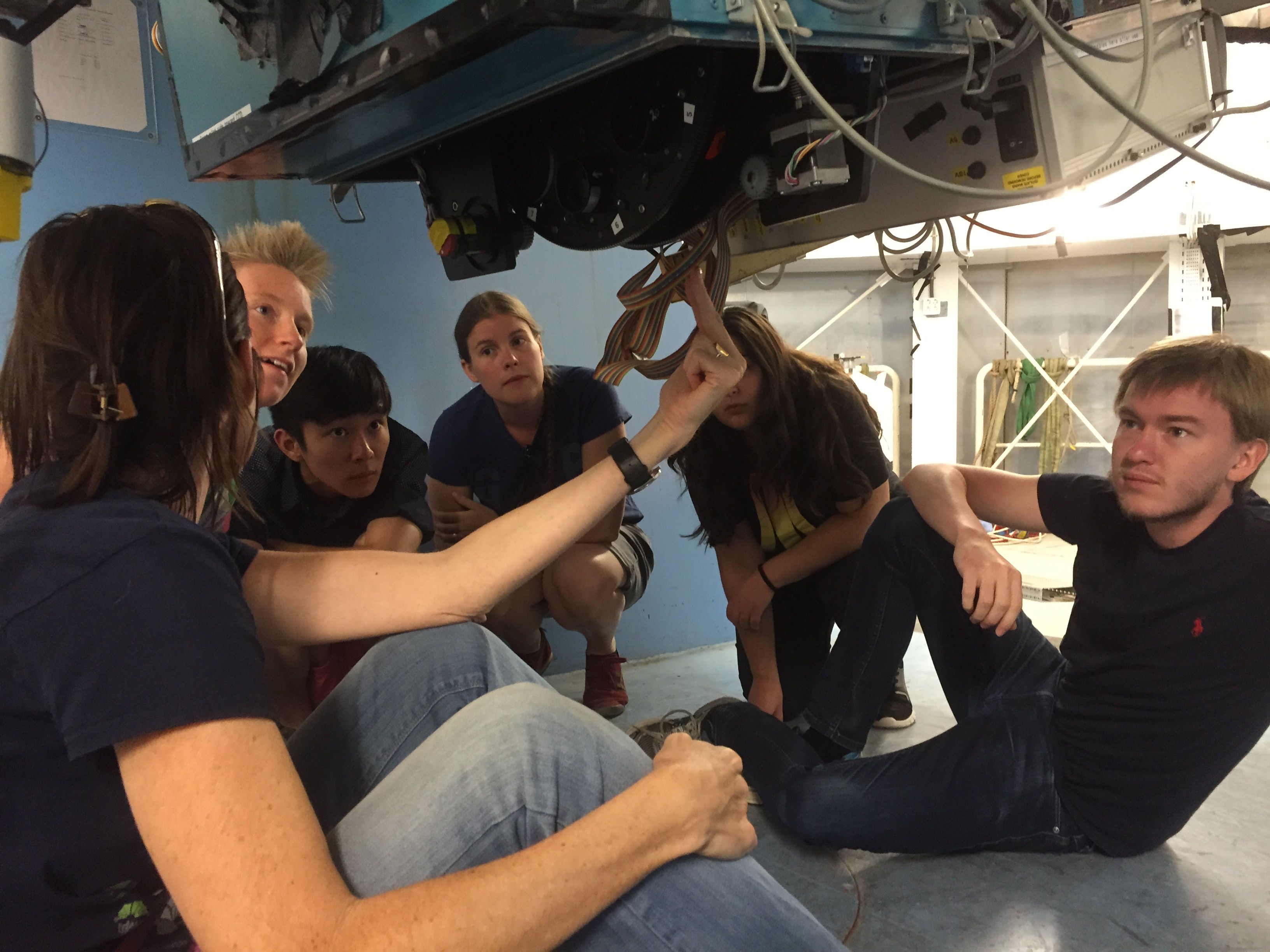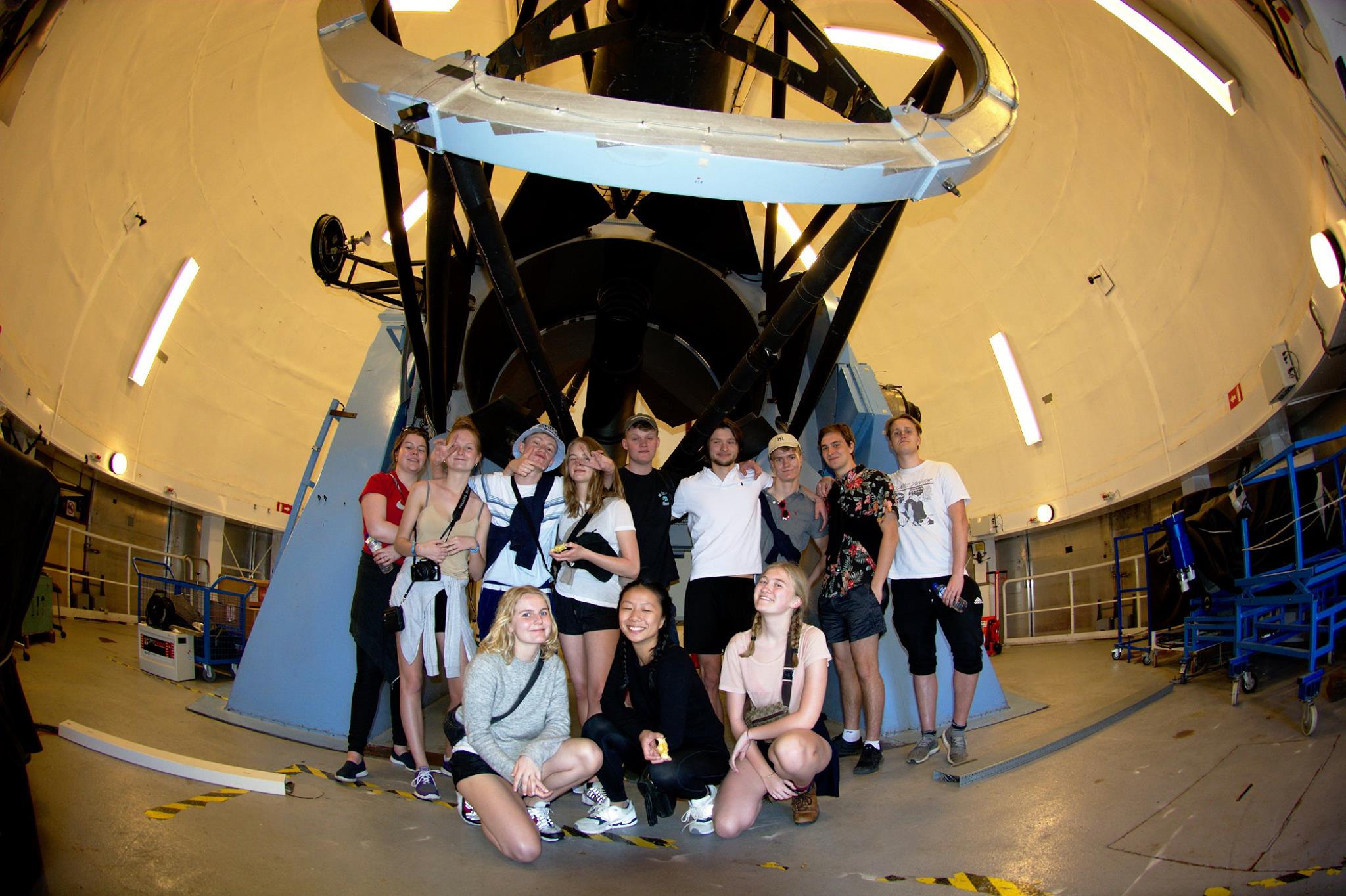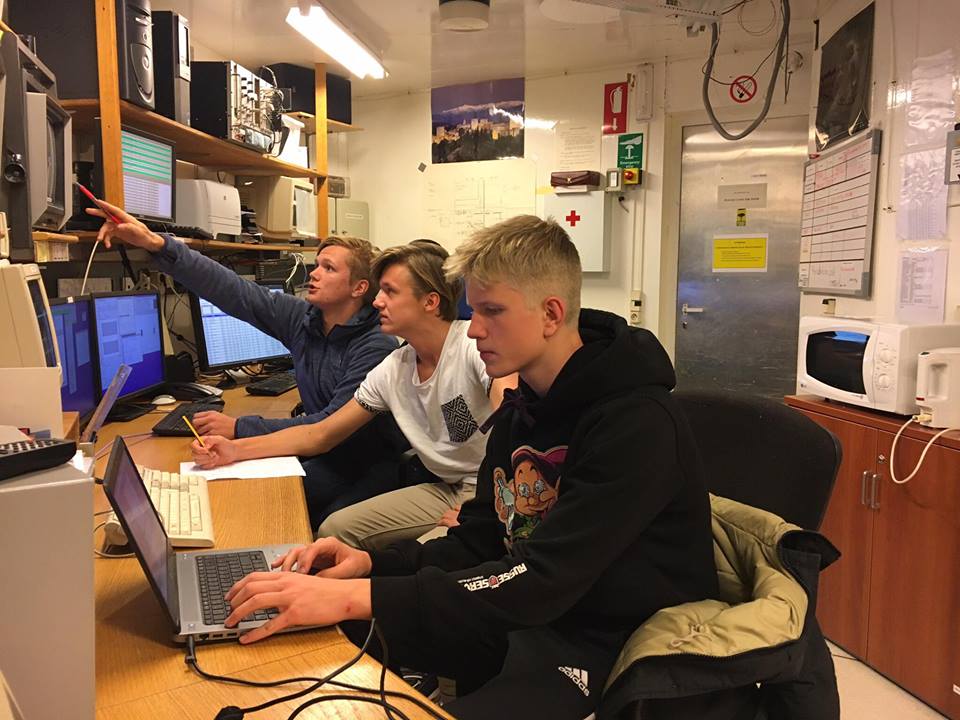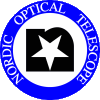
OPEN CALL FOROBSERVING TIME AT THE NORDIC OPTICAL TELESCOPE
What is offeredIn this call, the Nordic Optical Telescope (NOT) offers access to observing time in return for a contribution to the operational cost.
The call is open to anyone from anywhere, be it projects, research groups, institutes or larger (national) communities. The scale of any agreement can range from small observing time allocations in a single semester, up to more extensive allocations over various years (possibly as a full member).
User contributionsThe baseline cost per night is €5,620. The general rules for the allocation of observing time and the related user contributions can be found here, in particular see Chapter 7 'External projects' of that document.
Instrumentation and telescopeAn overview of the instrumentation at the NOT can be found here.
The workhorse instruments are an optical imager and low-resolution spectrograph ALFOSC, a NIR imager and low-resolution spectrograph NOTCam, and a fibre fed echelle spectrograph FIES which offers resolutions up to ~67,000, and is located in a separate building in a controlled environment, and provides a radial-velocity stability of ~4 m/s. A further upgrade of the spectrograph, with the aim of improving the radial velocity stability to ~2 m/s, is in progress. Over the last several years, we have expanded the capabilities of the telescope to observe solar-system objects, in particular very fast moving objects such as (hazardous) near-earth asteroids and comets, and space debris. We have done multiple observations of GPS satellites, which move with speeds of 50-100 "/sec relative to siderial rates, and we believe we can do observations of objects with speeds in the order of ~1000 "/sec.
Observing modes
Scientific programsOne of the strengths of the NOT is that it provides a wide range of options for flexible scheduling. Broadly speaking, we provide the following observing modes:
Educational useBeyond the use for scientific programs, the NOT also provides dedicated facilities for both on-site and remote observing courses. For general information, look here.
ContactFor any questions and/or more detailed information, please contact director@not.iac.es.
|
